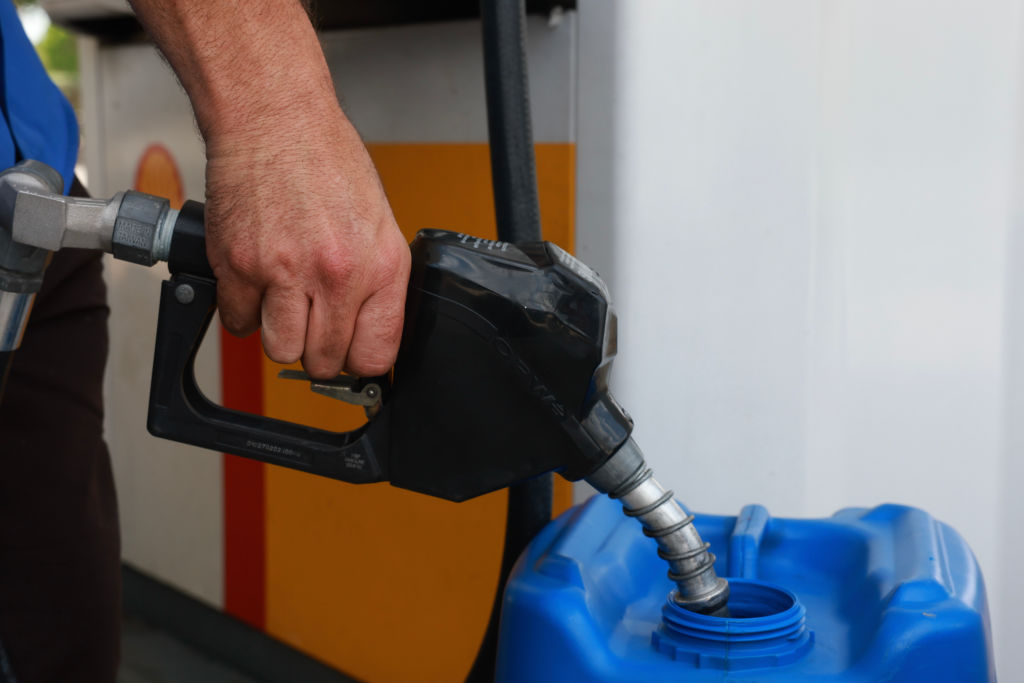Ideally, responsible citizens would think big when deciding on a presidential candidate. But the election outcome may just be determined by one factor: gas prices.
In a CNN article this week, economist Mark Zandi asserted that gas prices were likely to determine election results. On Tuesday, Biden announced his release of a million barrels of reserve gasoline. Even with the many factors that affect oil prices, it may be possible to predict where prices will be come November and if that can tell us who will win the presidency.
Zandi and his colleagues from Moody’s Analytics (Brendan Lacerda and Justin Begley) published a nineteen-page econometric analysis in January. The analysis focuses on “regional economic conditions that are the basis for state-by-state projections for the Electoral College.”
The econometrics predict that — hinging “on our forecast for the strength of the economy between now and Election Day” — President Biden will win re-election. Their model includes voting turnouts, political fatigue and approval rating, but then largely focuses on a wide range of economic factors including gasoline prices, fixed mortgage rates, real household income and consumer confidence.
Because many Americans use the price of gas as a way to gauge inflation and their financial wellbeing, the model is likely to hinge on that economic factor alone. According to the analysis, if prices stay well below $4 a gallon, Biden will win. If prices exceed (or even approach) $4 a gallon, Trump will win.
Back in January when the analysis was published, the predicted gas price during election season was $3.50. According to the American Automobile Institute, this week’s prices are averaging about $3.60 nationwide. A week ago they averaged $3.61 — and a month ago they were at $3.67. There are many things to consider when it comes to the supply and demand of gasoline, such as government policies, US production rates (which are up a million barrels since last year), and the global market (specifically relations with Saudi Arabia).
What could be the most recent change to gasoline prices started with Biden’s decision to save America with his (mandated) release of reserve gasoline. The storage will be released in increments of 100,000 barrels at a time. It is doubtful that this “generous” release of stored oil will do much to the gasoline prices. Derek Morgan, the former senior vice president for Federal and Regulatory Affairs at American Fuel and Petrochemical Manufacturers, is doubtful that the reserve will influence price at all. “It’s really a drop in the bucket.” And Patrick De Haan, an analyst for GasBuddy, said the entire reserve only amounts to about 2.7 hours of total US gasoline consumption. And yet with gasoline prices quickly approaching $4, perhaps a few pennies here and there will make all the difference.
While foreign affairs, cultural concerns and immigration policies should be taken into consideration when deciding on a presidential candidate, average, everyday Americans care most about how their own life activities — shopping, soccer practice, eating Oreos — will be directly affected by the election. And gas prices are a huge determiner of how individual lives will be affected.
Though Zandi’s econometric analysis makes sense, the analysts did admit that the model incorrectly predicted the election outcome of 2022 largely because they underestimated the economic impact of the pandemic. Predicting supply and demand — essentially, human action — is a tricky game to play. But keep your eye on gas prices, and it may just tell you about an increase or decrease in Biden voters.


















